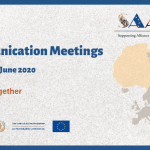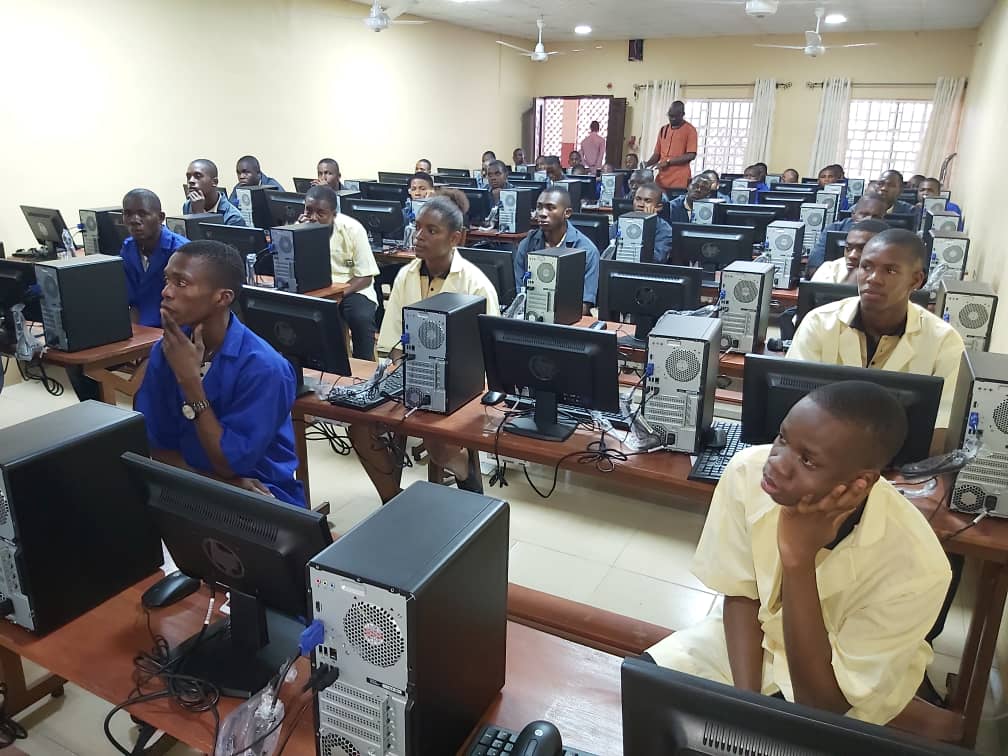SAAM is an international project connecting Africa and Europe into a strong partnership between 32 partners from 24 countries. The aim of this alliance is to improve the overall VET centres in the fields of Agriculture, Engineering and Manufacturing and Hospitality in the participating VET centers. The whole SAAM journey will have a strong impact on the 200 VET staff participating, who will acquire new skills in terms of management, methodologies and international mobility. On the other hand, 300 African students involved in mobilities are going to be directly impacted by the experience, but the rest of students of the participating schools will indirectly be reached.
Why is SAAM focused on VET studies?
VET or TVET is a specific education that prepares and trains the students through the acquisition of technical skills in a particular field of studies. The student learns to be prepared for the tasks they will carry out in the day-to-day life of their future job. VET studies boost employability by giving the students the theoretical and practical abilities needed for developing certain tasks for a specific job position.
Enduring quality education and training for everyone is a permanent challenge for our societies. The lack of access to high education in some context is an evident warning on how the development of our societies has to walk along with a quality accessible education system. Offering a wide range of options to the students is crucial to even out access to education. VET studies provide a wide range of technical jobs that allow people to learn technical skills they need in their future job, with well-defined job-oriented options for learners.
In African VET centers, 80% of students are vulnerable and are dealing with disadvantages and difficulties, both socially or economically speaking. VET centers bring a more equal access to job opportunities through technical training. Therefore, VET studies boosts economies by creating jobs and opening up new labor and business opportunities, that helps improving the general economy of the country, region or city at issue.
How does SAAM contributes to VET improvement?
SAAM aims to enhance the capacity of the VET system in Africa thanks to a strong partnership with Europe by involving teachers, students and staff from VET center. The social and economic situation in the different countries targeted by SAAM provides a challenging goal as education systems vary from country to country.
Improving VET centers is necessary to offer the best education possible to every student. In Africa, in spite of the progress made for expanding VET, it is still a low priority policy area: enrollment is still low, as only 6% of students in secondary education are under a VET programme. VET centers face the challenge of keeping themselves up to date in terms of methodologies, management, job itineraries, practical skills and job placement. New technologies, work-based learning, adaptability and life-long learning are key aspects of a modern VET itinerary.
Due to peer to peer work and through job-shadowing methodologies, European and African staff are going to collaborate for the creation of a double way assessment on both VET systems, so as to learn the common points and differences and “fill the gaps” found through a specific strategy.
Besides, SAAM will provide an opportunity for the participating VET centers in Africa to promote mobility activities, eventually designing an action plan in order to establish a mobility department on each African school. This possibility will directly come from the experience of having held mobility activities for 200 VET teachers and professionals, and 300 students, combined by the content and seminars created for the purpose.




